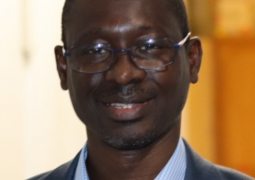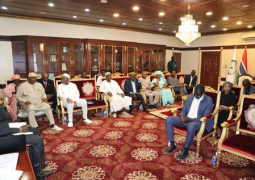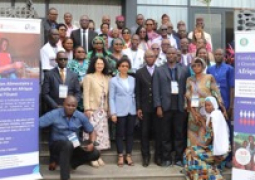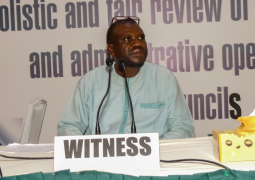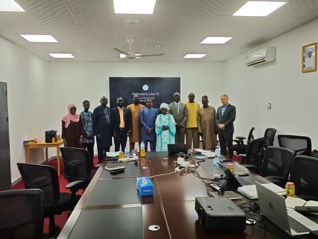
The project dubbed GEF 6 Fisheries CCA, is expected to benefit over 10,000 people who are involved in the fishing sector either directly or indirectly. Out of these numbers, 40 percent are females. The project will enhance the capacities of beneficiaries on climate change through capacity building for Small Scale Enterprises and Communities Dependent on Coastal Fisheries in the Gambia.
According to officials, the project also seeks to increase adaptive capacities and climate change resilience of coastal fisheries and dependent populations by addressing the Gambian fisheries post-harvest sector. This will be achieved by promoting adaptation-oriented innovation, encouraging investment, improving post-harvest management practices, technologies and services to artisanal fisheries value chain.
Climate change is already impacting the fishery sector of The Gambia and its effects and severity is expected to rise with the increase in temperature expected to happen in future. With fish being one of main protein sources in The Gambia, its availability impacts the food security of the country, especially the most vulnerable ones. The impacts of fish post-catch handling, storage and processing activities undertaken by artisanal fishing communities within the fishery sector, that are not adapted to climate change. They are the ones expected to be most affected by the impacts of climate change, as they are the most vulnerable with less adaptive capacity.
Thus, there is a need to adapt the sector activities to the impacts already being felt and practices or technologies that are environmentally friendly and reduce impact on the environment, including reduction of fish processing waste.
The two years GEF 6 Fisheries CCA Project addresses the barriers identified with various segments of the fisheries value chain, which if not adequately supported, hamper the identification of relevant policy responses and climate-technology solutions. Studies on the value chain of small pelagic fishers are needed to address issues related to fluctuations in the total landings of the main small pelagic fish species.


